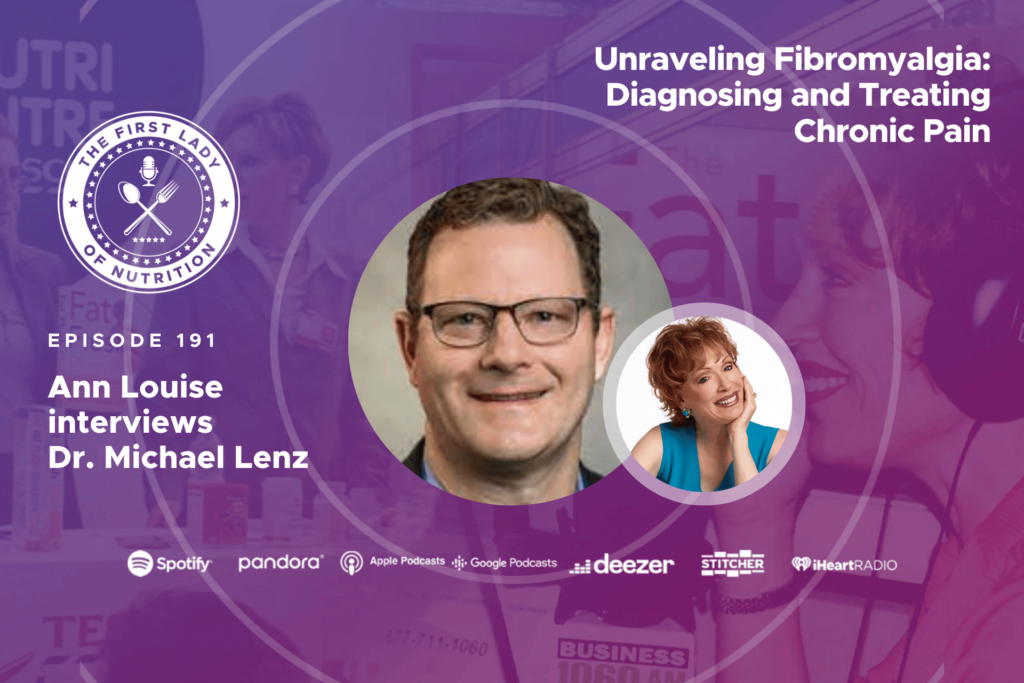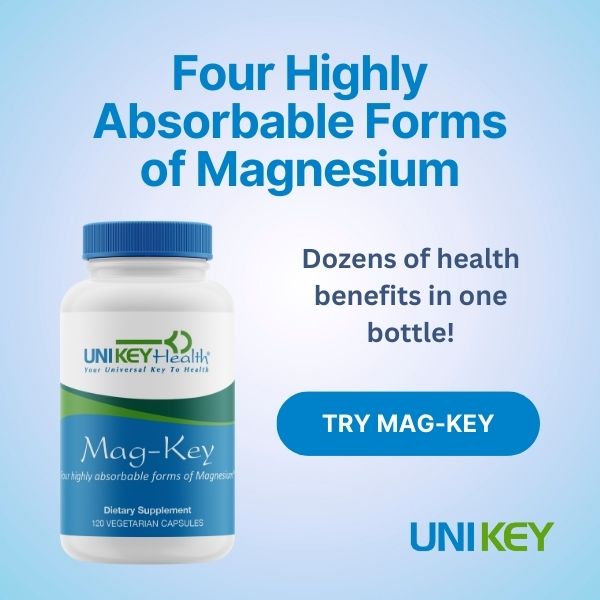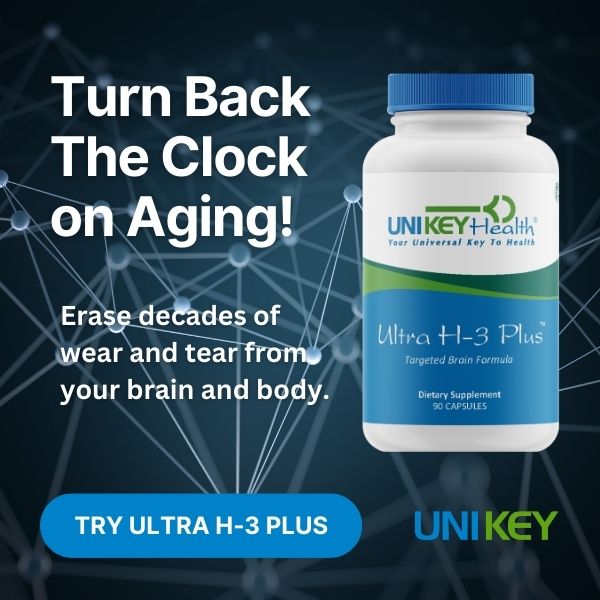 The right fat relieves red, itchy skin.
The right fat relieves red, itchy skin.
Got dry, itchy skin? Atopic dermatitis, also known as eczema, is all too common this time of year—and scratching can disturb sleep and even lead to infection.
The good news is that omega 6-rich gamma linoleic acid (GLA), needed for healthy skin, offers speedy, safe relief—without using dangerous steroid drugs. In fact, research suggests eczema may result from a GLA deficiency.
Essential fatty acid researcher Artur Klimaszewski, MD, has found that, in eczema, the conversion of dietary linoleic acid- found in common vegetable oils- to GLA is impaired. This results in a lower level of healing omega-6 oil to the skin, which causes itching and inflammation. Fortunately, “a patient with eczema can supplement the diet with GLA to restore the levels of its beneficial metabolites,” he says.
Twelve-week placebo-controlled human trials at the University of Italy demonstrate dramatic reduction of eczema symptoms with GLA. At the end of supplement therapy, itching decreased 90% and vesicles (watery bubbles) were reduced by 40% while oozing also improved greatly.
I’ve been recommending GLA since the early ’80s when I began witnessing first-hand the remarkable healing and beautifying effects it produces. Without sufficient GLA, cellular membranes cannot retain moisture, leaving the skin with a dry, rough appearance. GLA increases cell resilience and moistens the fatty layer beneath the skin, making it one of the finest “internal moisturizers” on the market today.
A GLA deficit can cause weakened capillaries and increased water loss, resulting in itching, scaliness and dry, wrinkle-prone skin.
Maybe this is why my patients have happily reported clear improvement in a wide variety of common skin conditions ranging from garden variety dry skin patches to eczema to psoriasis. Many have also reported marked help with allergies and other inflammatory conditions.
GLA restores energy, clears up complexions, and adds sheen to dry, brittle hair. While borage and evening primrose oil are rich sources of this beneficial omega-6 fat, over the years I have found that black currant seed oil offers the most balanced form for long-term use. That’s because black currant also contains a hefty dose of the Omega-3s, preventing inflammatory prostaglandin production that can occur with an abundance of omega-6s in the diet.
Fight Inflammation
Inflammatory conditions—not just eczema, psoriasis, seborrhea, but also arthritis, asthma, and other allergies—are rampant today. The overemphasis on land-animal foods (dairy and meat) and under-consumption of Omega 3 cold-water fish and other Omega 3 sources (think flax and chia seeds) in the standard American diet has left us with an abundance of inflammation-producing prostagladins (PGE2s) and a scarcity of healing, anti-inflammatory agents (PGE1s).
The late Dr. David Horrobin at the Institute for Innovative Medicine in Montreal explained the importance of GLA and its healing prostagladins: “The level of PGE1 is of crucial importance to the body. A fall in the level of PGEs will lead to a potentially catastrophic series of untoward consequences including increased vascular reactivity, enhanced risk of autoimmune disease. . .”
Even if your diet offers high amounts of unprocessed corn, safflower, or soybean oils, you may not be getting your daily fix of GLA. The process of converting linoleic acid in these oils to GLA can be thwarted in numerous ways due to “lazy” or impaired enzyme activity of the D6D enzyme which biochemcially converts linoleic acid into the biologically potent GLA.
Alcohol, prescription drugs, a lack of zinc, B6, and magnesium, diabetes, radiation treatments, excess saturated fats, and good ole’ fashioned stress also interfere with the process of conversion.
The Bottom Line
Because so many factors disrupt GLA metabolism from its linoleic acid precursor, I strongly recommend preformed biologically active sources like GLA-90, which contains 90 mg of GLA from black currant seed oil. For red itchy skin and other inflammatory problems, adults can take two capsules twice daily, preferably with meals or as directed by a health care professional.
Not only will it moisturize skin, relieving eczema and psorasis, but GLA-90 also reduces morning stiffness. That’s because it fights inflammation.
Oh, and your heart may thank you, too.
A recent study in Phytotherapy Research finds that taking black currant oil soft capsules (BOSC) lowers total cholesterol and triglyceride levels, while increasing the level of HDL (healthy) cholesterol. “Because it is a natural raw material,” scientists say, “BOSC may be safer and more effective in the treatment of hyperlipidemia [high blood fats].”
Sources:
Eat Fat, Lose Weight
www.bioriginal.com/services/files/file_13.pdf
www.bioriginal.com/services/files/file_15.pdf
https://www.ncbi.nlm.nih.gov/pubmed/20620762
https://www.ncbi.nlm.nih.gov/pubmed/20041414
https://www.ncbi.nlm.nih.gov/pubmed/19928765
https://www.ncbi.nlm.nih.gov/pubmed/19887043
https://www.ncbi.nlm.nih.gov/pubmed/15083757
https://www.ncbi.nlm.nih.gov/pubmed/10233322
https://www.ncbi.nlm.nih.gov/pmc/articles/PMC2901768/
www.wholehealthmd.com/ME2/dirmod.asp









2 Responses
Would this therapy be safe and effective for children? My 8 year old struggles with mild ezcema, but has very itchy dry skin, esp. on her fingers. What would be an appropriate dosage?
Is this safe for men and pregnant women?